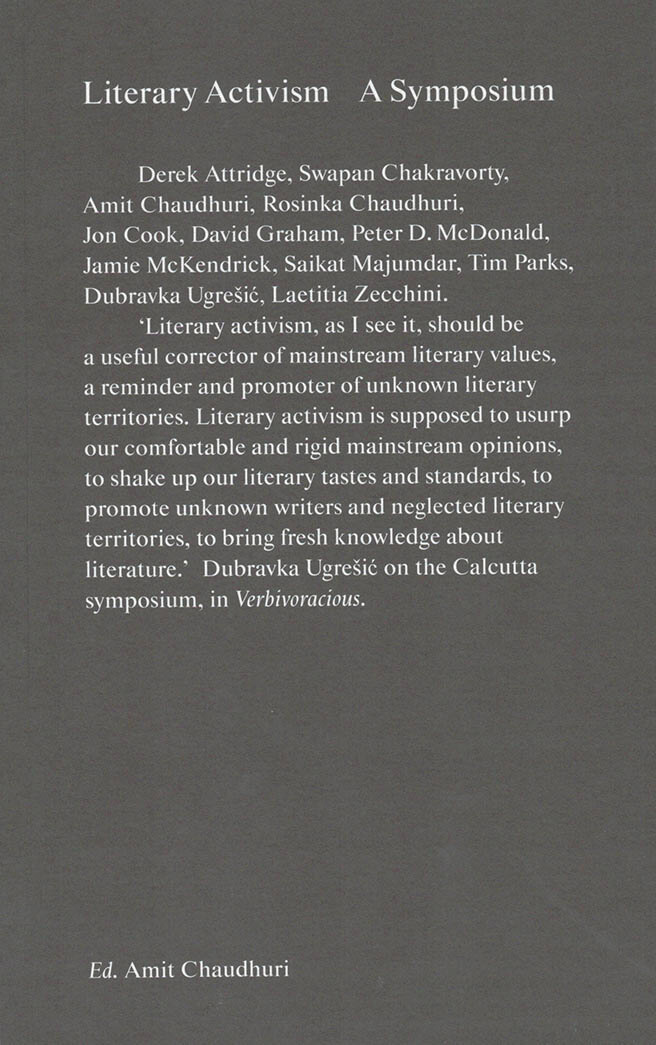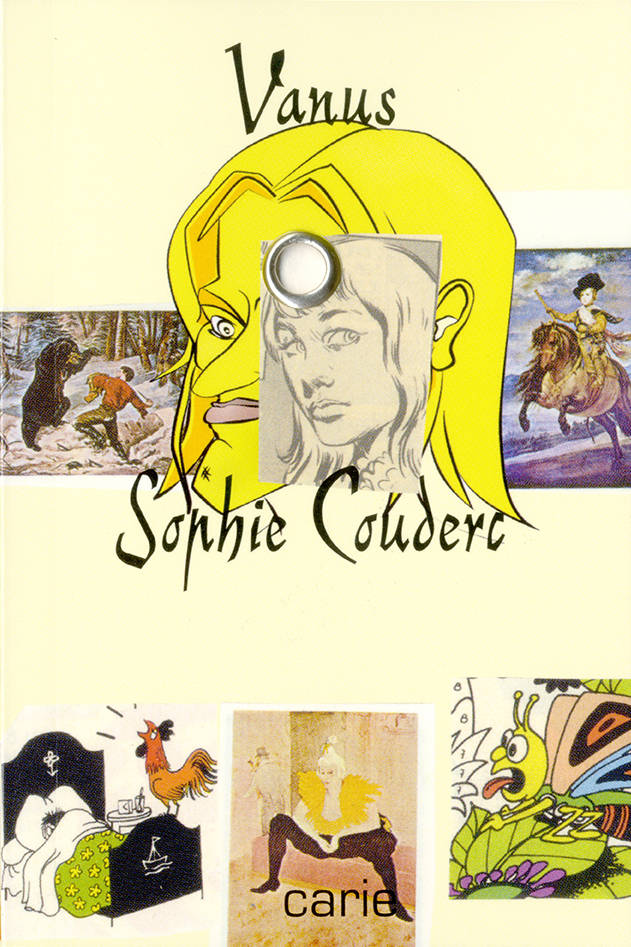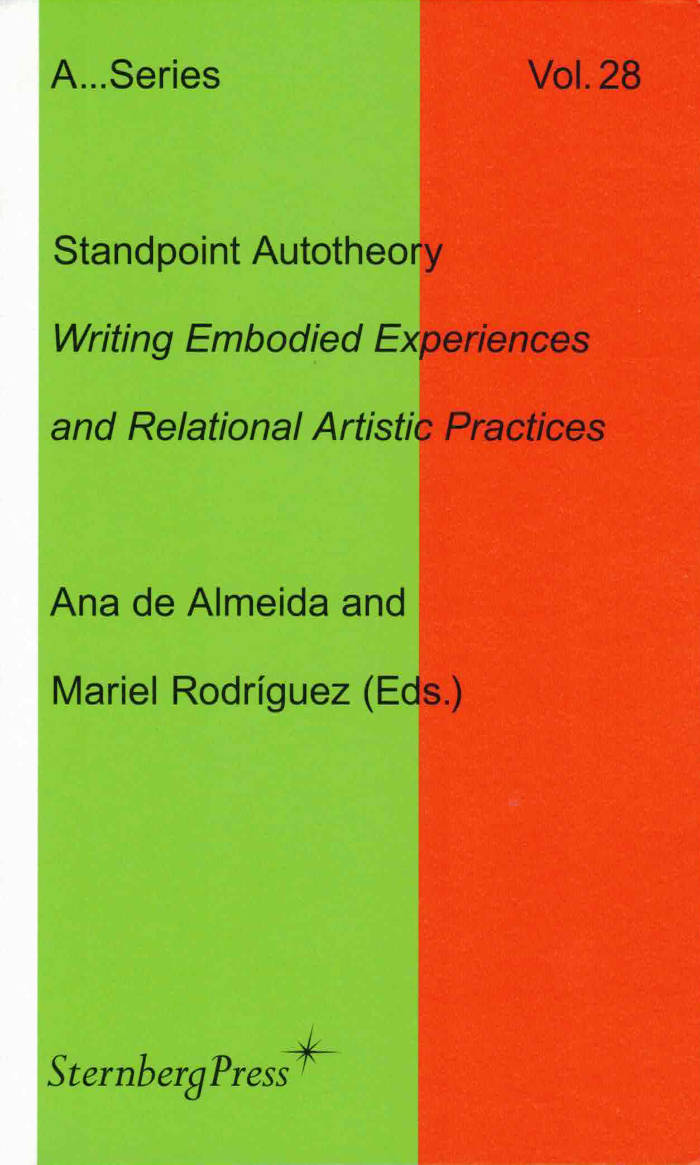
Literary Activism
Literary Activism – activism that revisits and interrogates an idea of literature – emerges from a radically altered landscape for both publishing and academia, where market pressures are effecting changes – on language, on the measuring of value, on the concept of influence – we might struggle to recognise.
Taking in the roles of writer, critic, translator, academic and publisher, the essays in this volume follow no single line of enquiry. Rather, they offer the beginnings of an analysis of the literary world at a certain moment of globalization, while also questioning whether a literary world exists and, if it does, where its boundaries lie.
The collection moves in many directions – from Arun Kolatkar and his near-heroic refusal of both market place and reputation; to Derek Attridge, who argues for a form of affirmative criticism which positions the critic as a ‘lover of the text’; while, from Amsterdam, Dubravka Ugrešić reflects on life in a literary ‘out of nation zone’, adrift in a territory where intellectual protest has been stripped of ideological impetus and subsumed by the voraciousness of the market.
Taken together, these essays initiate a series of conversations about who reads what and why, about the practice of writing and criticism at this particular contemporary moment, and about the activities and institutions that shape an understanding of what literature is and what it can do.
Literary Activism, edited by Amit Chaudhuri, features writing from Derek Attridge, Tim Parks, Dubravka Ugrešić, Laetitia Zecchini, Peter D. Macdonald, Saikat Majumdar, Jamie McKendrick, and Swapan Chakravorty, with an afterword by Jon Cook.
Language: English






